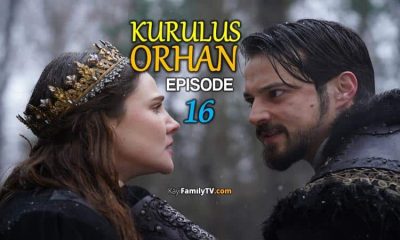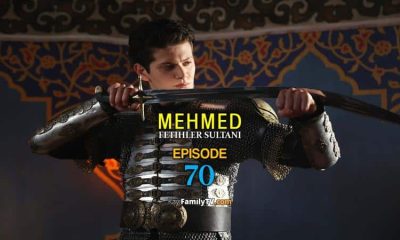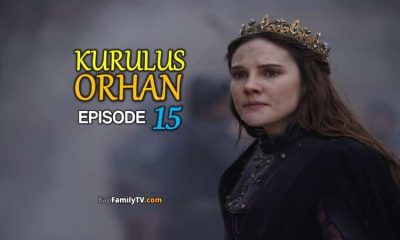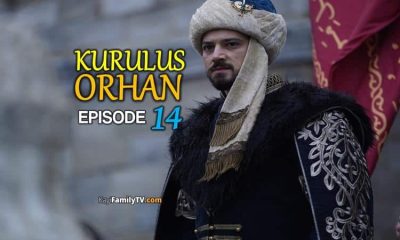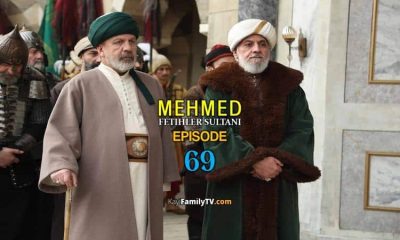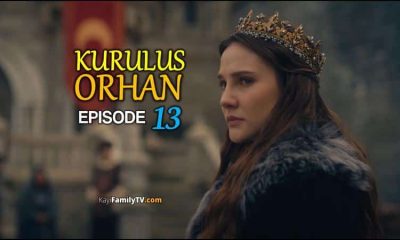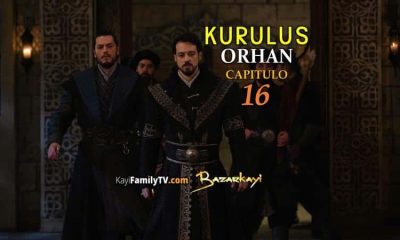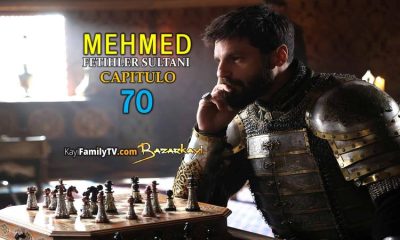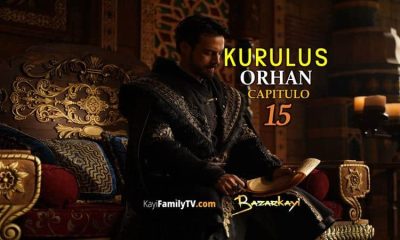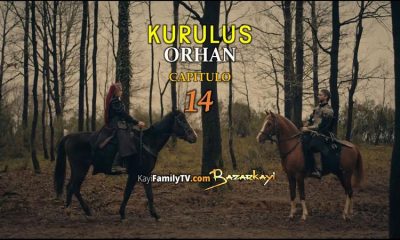VIDEOS
NECIP FAZIL MEETS ABDULHAKIM ARVASI
Necip Fazil KISAKUREK meets Hadhrat AbdulHakim Arvasi (Kuddise Sirruh)
Who is AbdulHakim Arvasi?
Arvasi was born in the village of Arvas (present-day Doğanyayla).[1]
Arvasi lived in the times of the late Ottoman Empire and the early Republic of Turkey. He was one of the most profound Islamic scholars of his time and a mujtahid. Arvasi was a descendant of the Islamic prophet, Muhammad, and hence he had the title sayyed (seyyid in Turkish) before his name. He is the 33rd sheikh of the Naqshbandi order.[2] He was born in Van,[3] Turkey. He received religious education from the famous scholar and walî Seyyid Fehim-i Arvasi. He was deeply learned in many worldly and religious sciences such as: natural sciences, hadith, tafsir and tasawwuf. Arvasi taught in Van for 30 years after which he moved to Istanbul as the Russian Army had invaded the eastern part of the country.[4] Arvasi taught in various madrasas and mosques of Istanbul for many years. One of his most famous students was Necip Fazıl Kısakürek.[5] Arvasi died in Ankara in 1943[2] after decades of teaching of Islam. He is buried in Baglum Cemetery, Ankara. (Source)
Who is Necip Fazıl Kısakürek?
In his own words, he was born in “a huge mansion in Çemberlitaş, on one of the streets descending towards Sultanahmet” in 1904. His father was Abdülbaki Fazıl Bey who held several posts including deputy judge in Bursa, public prosecutor in Gebze and finally, judge in Kadıköy. His mother was an emigree from Crete. He was raised at the Çemberlitaş mansion of his paternal grandfather Kısakürekzade Mehmed Hilmi Efendi of Maraş; he was named after his great-grandfather Ahmed Necib, as well as his father, Fazıl.
He studied in many schools during his primary education, including the French School in Gedikpaşa, Robert College of Istanbul, as well as the Naval School. He received religious courses from Ahmed Hamdi of Akseki and science courses from Yahya Kemal at the Naval School but he was actually influenced by İbrahim Aşkî, whom he defined to have “penetrated into deep and private areas in many inner and outer sciences from literature and philosophy to mathematics and physics”. İbrahim Aşkî provided his first contact with Sufism even at a “plan of skin over skin”. “After completing candidate and combat classes” of Naval School, Kısakürek entered the Philosophy Department of Darülfünûn and graduated from there (1921–1924). One of his closest friends in philosophy was Hasan Ali Yücel.
He studied in Paris for one year with the scholarship provided by the Ministry of National Education (1924–1925), until the scholarship was cancelled. After returning home in 1926, he worked at Holland, Osmanlı and İş Banks (1926–1939), and gave lectures at the Faculty of Linguistics and History and Geography and the State Conservatoire in Ankara and the Academy of Fine Arts in İstanbul (1939–1942). Having established a relation with the press in his youth, Kısakürek quit civil service to earn his living from writing and magazines.
Necip Fazıl’s life took a turn in 1934, when he met Abdülhakim Arvasi, a sheik of the Sufi Naqshbandi order. He became one of his most notable disciples,[6] remaining a follower until the sheik’s death in 1943.[7]
Appropriating his anti-semitic ideas from Europe, Kısakürek regarded Jews as the corrupting element within Western civilization, and described them as the originator of Marxism and capitalism.[4] He held them responsible for the early conflicts between Muslims and the decline of the Ottoman Empire.[5] Kısakürek’s publications included the Turkish translation of The Protocols of the Elders of Zion and praise for Henry Ford’s The International Jew, as well as a political program in which he wrote: “Chief among these treacherous and insidious elements to be cleansed are the Dönmes and the Jews.”[8][9] Necip Fazıl was awarded the First Prize of C.H.P. Play Contest in 1947 with his play Sabır Taşı (Stone of Patience). Kısakürek was awarded the titles of “Great Cultural Gift” by the Ministry of Culture (25 May 1980) and “Greatest Living Poet of Turkish” by the Foundation of Turkish Literature upon the 75th anniversary of his birth.
Necip Fazıl Kısakürek died on 25 May 1983 in his house at Erenköy after an illness that “lasted long but did not impair his intellectual activity and writing” and was buried in the graveyard at the Eyüp Cemetery on the ridge of Eyüp after an eventful funeral. (Source)
VIDEOS
Holy Redemption
Holy Redemption documentary.
“This is a group of racist fascists who are willing to do anything to impose Jewish supremacy”
TRT’s latest investigative documentary “Holy Redemption” exposes Israel’s colonial mindset and a well-coordinated agenda between state actors and armed Jewish gangs.
HOLY REDEMPTION
ALTERNATIVE
VIDEOS
Mehmed Fetihler Sultani Zikr Scene
Mehmed Fetihler Sultani Episode 7 Zikr Scene
VIDEOS
Gassal Woman
Interview with Gassal Woman (Dead Body Bather Woman)
”I do not understand… Why are they afraid of me? Fear the incoming Azrael.
Let us fear the answers we will give to my Allah.But they are afraid of me.”
”I am not afraid of death but I am afraid of my deeds.”
One of the most important video on KayiFamilyTV site. Please watch until end and imagine your death!
Gassal Woman

 MEHMED FETIHLER SULTANI1 week ago
MEHMED FETIHLER SULTANI1 week agoMehmed Fetihler Sultani Episode 69

 KURULUS ORHAN1 week ago
KURULUS ORHAN1 week agoKurulus Orhan Episode 14

 Kurulus Orhan Espanol1 week ago
Kurulus Orhan Espanol1 week agoKurulus Orhan Capitulo 15

 KURULUS ORHAN1 day ago
KURULUS ORHAN1 day agoKurulus Orhan Episode 15

 MEHMED FETIHLER SULTANI1 day ago
MEHMED FETIHLER SULTANI1 day agoMehmed Fetihler Sultani Episode 70

 MEHMED FETIHLER SULTANI ESPANOL1 day ago
MEHMED FETIHLER SULTANI ESPANOL1 day agoMehmed Fetihler Sultani Capitulo 70

 KURULUS ORHAN8 hours ago
KURULUS ORHAN8 hours agoKurulus Orhan Episode 16

 Kurulus Orhan Espanol1 hour ago
Kurulus Orhan Espanol1 hour agoKurulus Orhan Capitulo 16















